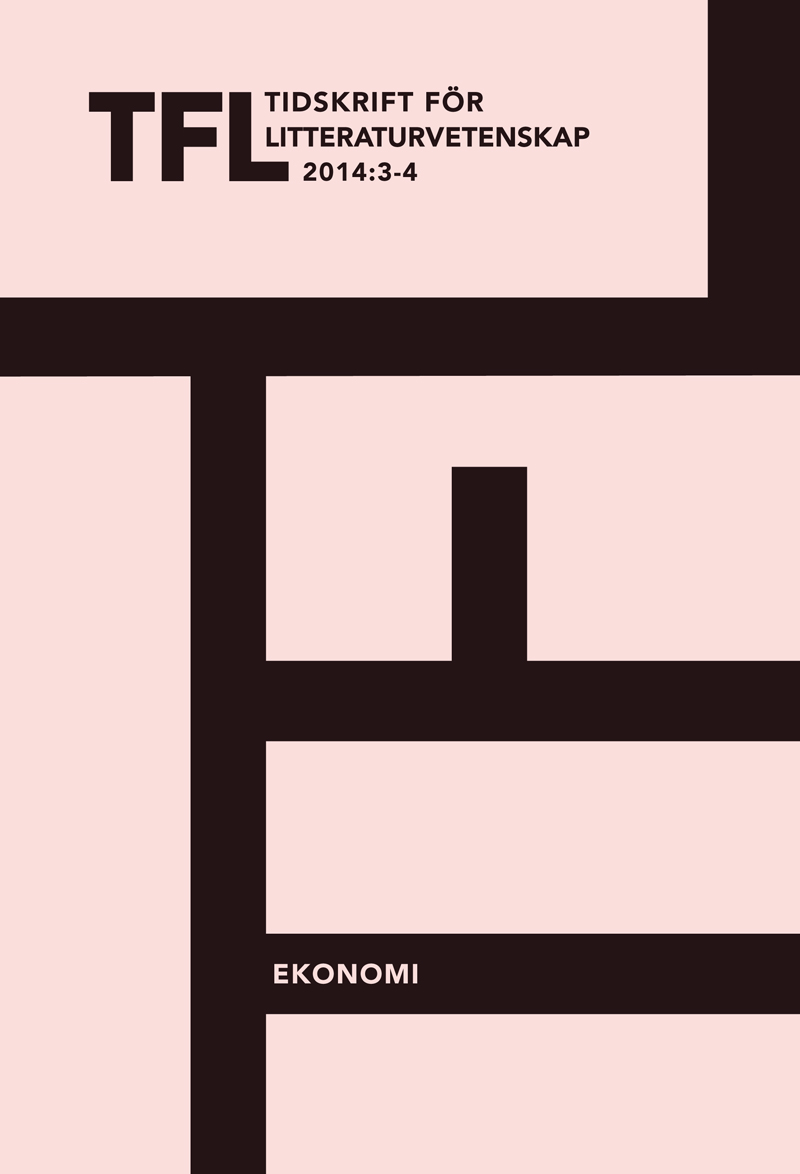Demokratins pris och litteraturens värde
Böcker, politik och marknad i ljuset av 2002 års svenska bokmomssänkning
DOI:
https://doi.org/10.54797/tfl.v44i3-4.9370Nyckelord:
VAT on Swedish books, material culture of the book, book economics, Swedish book market, cultural policyAbstract
The Price of Democracy and the Value of Literature. Books, Politics, and the Literary Market with Respect to the 2002 Reduction in VAT on Books in Sweden
In 2002 the VAT (value added tax) on books in Sweden was reduced from 25 % to 6 %. The reduction was effected in response to a cultural policy, whose aim was to ”improve the conditions for literature and reading” and ”stimulate a diversified output of high quality literature and increase access to and interest in literature among all groups in society”. The reduction of VAT, which granted books an exception to the rule on uniform commodity taxation, was preceded by intense political debate as well as a lobbying campaign run by the Swedish Publishers’ Association. This article examines the relation between reading, literature and the book as an artefact and commodity, and claims that the book has political effects due to its nature as a medium of linguistic content. In terms of the concepts of reading and literature, both of which were understood as phenomena with inherent edifying and beneficial qualities, the book as a commodity was endowed – by the market, the media, and by politicians – with certain ideological values. In the discourse of this debate, the concept of ”consuming/purchasing books” was transformed into ”the reading of literature”. The reduction in VAT on the book as commodity was justified by an assumed connection between a certain material form of documents – books – and the valuable consequences that the use of such documents was believed to generate. Upon examination, reducing the VAT did not produce the expected results: that is the price of books did not diminish as it should have done. The objectives of government cultural politics – namely to produce new and increasing numbers amongst Sweden’s general readership – were not achieved. Jacques Rancière’s concepts ”the distribution of the perceptible”, and ”politics” are used to problematize the role both of the book, and of the market in cultural politics.
Nedladdningar
Downloads
Publicerad
Referera så här
Nummer
Sektion
Licens
Författaren/författarna behåller copyright till verket






